There are numerous factors that are used to calculate your home insurance rate. Some of these are obvious, like brick vs frame, age of the roof, and when the home was built. But there are other less obvious characteristics than can affect your rate, and in some instances, your eligibility.
Types of Acceptable Heat
Electric heat (heat pumps, electric baseboard) and gas furnaces (natural and propane) are generally acceptable heating types as long as they’ve been updated/and or serviced within the guidelines provided by your carrier.
Underground fuel tanks (ex. oil tanks) are generally not acceptable for home insurance. It does not matter if the tank is used or not. Some carriers will accept underground tanks so it’s important to check your carriers’ underwriting guidelines for acceptability.
Wood stoves are acceptable in certain scenarios. Again, you’ll want to check with your carrier about acceptability for wood stoves and inserts. One item to note about wood stoves is that they cannot be the main heat source—this is generally unacceptable by the majority of insurance carriers.
What if your property has no heat? Then your property will not be acceptable for the majority of carriers. While specific wording varies from carrier to carrier, a thermostatically controlled heat source is a requirement for homeowners insurance.
We Don’t Work For Just One Insurance Carrier
At Dove Insurance, we’ve worked with our clients across the Commonwealth of Virginia for over 50 years to help them make the right decisions. By choosing Dove Insurance, you can cover any of your personal and commercials insurance needs, such as:
| Home Personal Autos Rental Properties Life Insurance Flood Insurance Motorcycles ATVs Boats RVs Classic Cars |
Commercial Auto Personal Umbrella Condominiums Renter’s Insurance General & Excess Liability Businessowners Policy Commercial Packages Commercial Umbrella Worker’s Compensation |
Closing on a new home this August? We can help.
Multiple carriers, multiple insurance options:https://t.co/RGH3yHKOoj— Dove Insurance (@DoveInsurance) August 4, 2021


